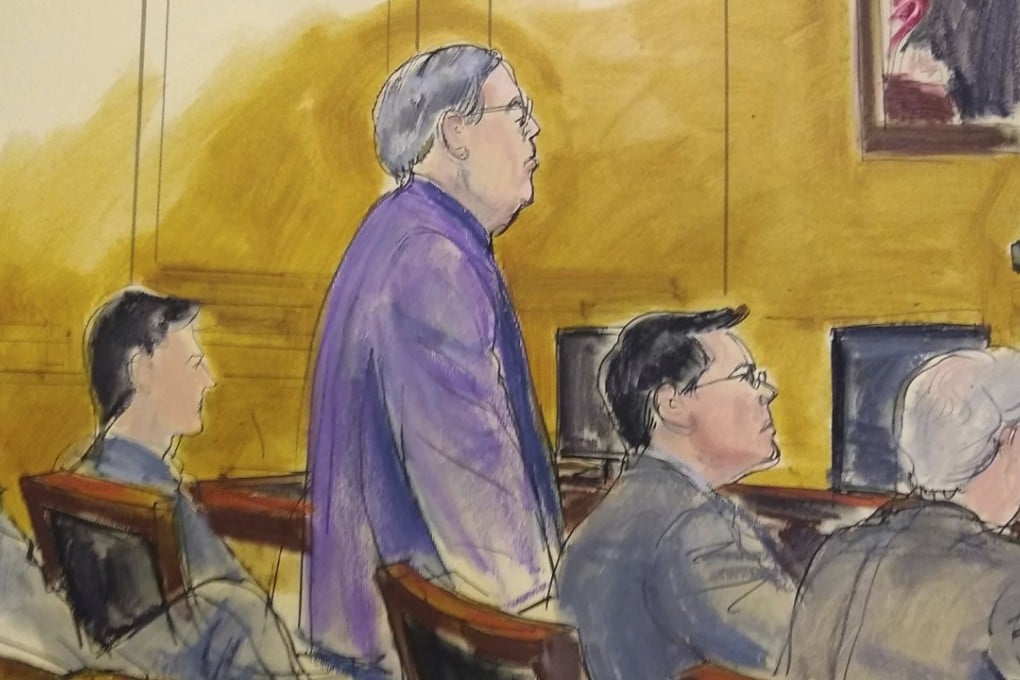No payment needed – proof that Patrick Ho intended to offer bribes could be enough to convict, US judge tells jurors in US$2.9 million corruption trial
- Judge Loretta Preska gives detailed direction to nine women and three men who will decide fate of former Hong Kong minister

The authorities needed only to show that Patrick Ho Chi-ping had intended or helped to offer bribes to African officials for jurors to find the former Hong Kong minister guilty of corruption, even if no payment or deal was made in the end, a US judge said on Tuesday local time.
New York Southern District Court judge Loretta Preska was instructing the panel of nine women and three men, who are set to begin deliberations on Wednesday and may well determine the fate of Ho the same day, even though the court is technically closed to mourn the death of late former president George H.W. Bush.
Ho, who served as Hong Kong’s home affairs minister from 2002 to 2007, is accused of offering US$2.9 million in bribes to the leaders of Chad and Uganda, and to the foreign minister of Uganda. He faces a total of eight counts of bribery and money laundering, to which he earlier pleaded not guilty. The prosecution has to secure a unanimous verdict from the jury for each charge.
Preska’s guidance reflected the two major disputes in the case: the nature of the payment made to the African leaders and the credibility of defendant turned witness Cheikh Gadio.
The payments, according to the prosecution, were made in exchange for oil and development rights for Shanghai-based energy conglomerate CEFC China Energy.